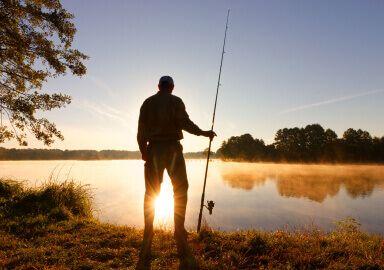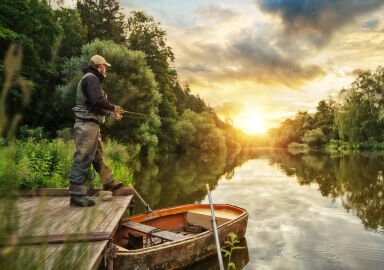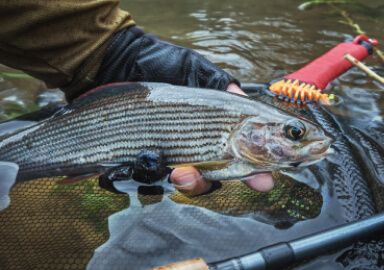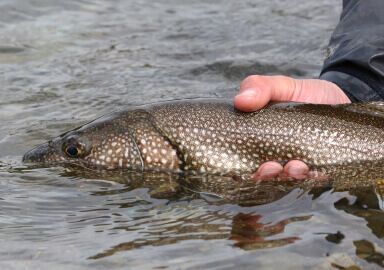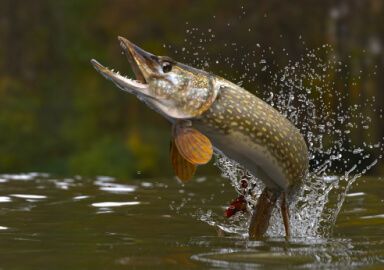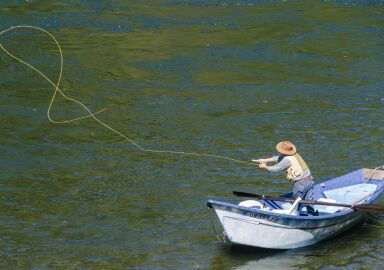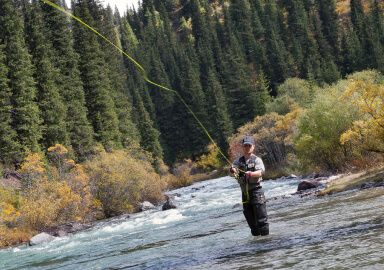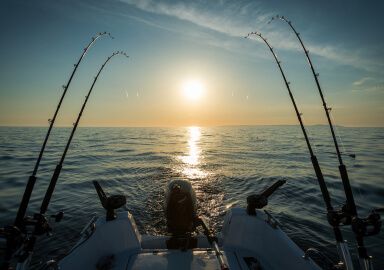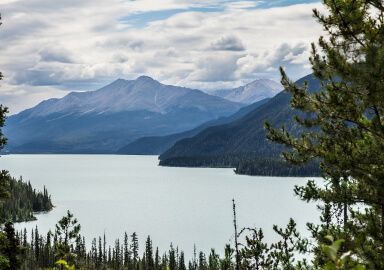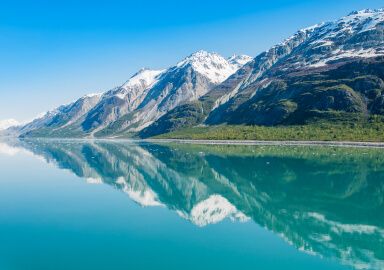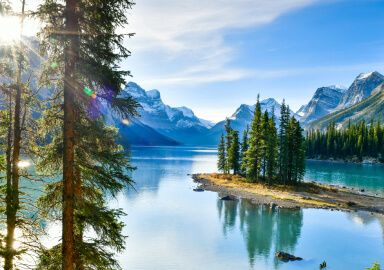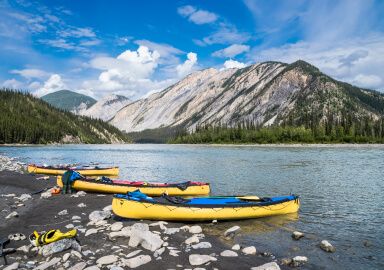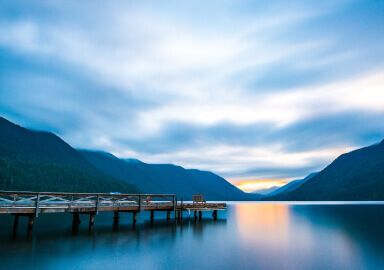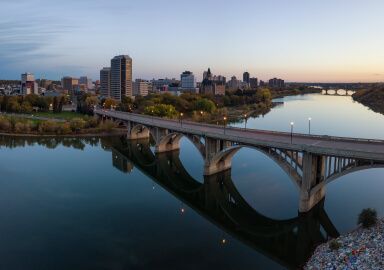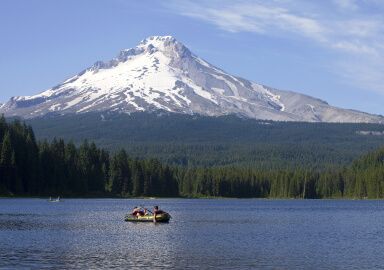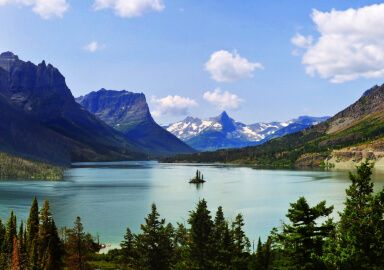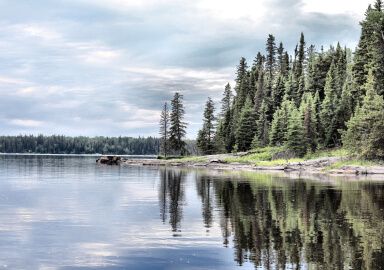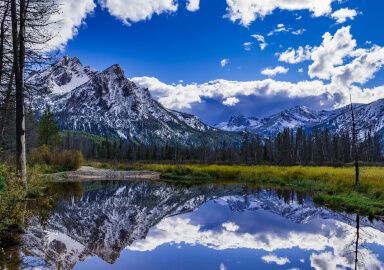Fishing in Yukon
Uncover the grandeur of fishing in Yukon, a spectacular wilderness with diverse species, pristine waters, and unspoiled landscapes just waiting to be explored.
View 1 listing
1
listings
–
price starting from
6
fish species
–
to the nearest trip
About Yukon
Yukon, the westernmost of Canada's territories, is a breathtaking wilderness that offers an exceptional fishing experience. It's known for its vast landscapes, with over 70 percent of the territory covered by mountains and plateaus, and the remainder dotted with rivers, lakes, and streams. The climate is subarctic and greatly varies from region to region, but the fishing season typically begins in May and lasts until September. In the summer, the sun hardly ever sets, but the fishing is usually good enough to make you forget about sleep anyway.
Most of the territory belongs to the watershed of the Yukon River, the longest in Yukon and Alaska. Fishing in Yukon is a journey into the heart of nature where anglers can lose themselves in the solitude of the wilderness. Yukon's rich fishing heritage is deeply connected with its history; the indigenous people have relied on its bountiful waters for centuries.
Fishing Types
In Yukon, lake and river fishing reign supreme. The territory's countless lakes, large like the Kusawa Lake, and small, offer great opportunities for hooking trophy lake trout and northern pike. River fishing, especially in the famous Yukon River, offers a distinct thrill with the chance to catch migrating salmon. The biggest thrill of fishing in the Yukon is, without a doubt, the backcountry fishing in the remote, untouched areas that are only accessible by floatplane or long hikes, immersed in one of the few remaining areas of true wilderness, and surrounded by other creatures from eagles to grizzly bears.
But with the privilege of fishing in an unspoiled area comes the responsibility to keep it unspoiled. The type of fishing that the Yukon does its best to promote is known as no-trace fishing. As the name suggests, your presence on the river or lake should, ideally, leave no trace whatsoever: take your trash with you, clean your campsite, put out your campfire and take away all unburned items, clean the fish at the shoreline and leave the guts in the water, puncturing the air bladder.
Targeted Fish Species
Four kinds of Pacific Salmon enter the year Tatshenshini and Yukon rivers for spawning: Chinook, coho, sockeye and chum. Note that the salmon fishing is strictly regulated and tightly controlled, with both seasonal and short-notice closures intended to protect populations. Barbless hooks are mandatory for salmon fishing and strongly recommended elsewhere.
Salmon runs always draw crowds of anglers, but the wealth of Yukon’s aquatic resources does not end here. Yukon's diverse waters are home to a variety of fish species Arctic grayling, lake trout, and northern pike are some of the most prized fish in the territory’s rivers and lakes. One shouldn’t forget about bull trout, dolly varden, burbot, and the whitefish, including the giant inconnu.
Fishing Techniques
When it comes to fishing techniques in Yukon, fly fishing< is very popular, particularly for Arctic grayling and salmon. Ice fishing during the frigid winter months also draws a certain crowd. The locals, however, mostly put their trust in the spinning and trolling techniques. They will even tie a fly on light spinning rod and use this setup to fish small streams for Arctic grayling! But of course spinning and trolling are especially aligned for catching lake trout and northern pike. Both of these staple Yukon fish species prefer deeper water, and spoons or trolling rigs that are on the heavy side tend to work better.
Due to the territory's remoteness, always be prepared with a well-stocked tackle box and a flexible fishing plan to adapt to the changing weather and water conditions. The valley of the Yukon is one of the best habitats for brown bears, and though these giants tend to be relatively peaceful on salmon runs, being too careful never hurt anybody. Neither has a competent guide, whose local knowledge will improve your chances of catching fish as well as make you safer.
